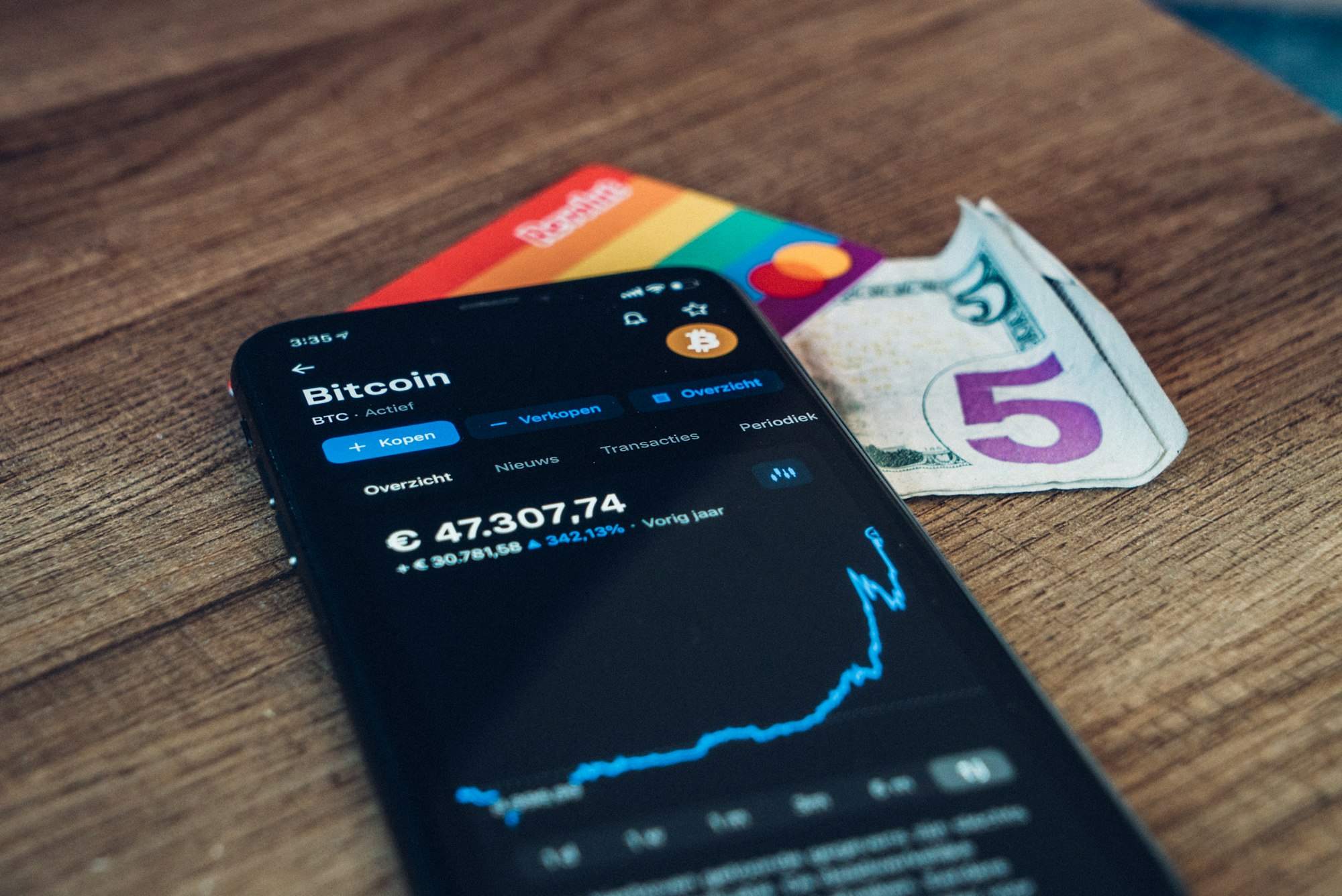Fintech Newsletter for 5/29/21

Below is news related to the fintech industry this week.
General News
Ransomware is becoming a severe threat.
Last year with the Twitter hack, we saw a glimpse of how cryptocurrency can help perpetrators collect money anonymously. At a high level, this is what happened in the Twitter hack. First, the bad actors compromised Twitter employee accounts, and then they used these compromised accounts to take control of administrative accounts that could administer Twitter accounts. The bad actors then targeted 130 and odd high profile accounts to send out a bitcoin scam message, asking folks to donate bitcoins to a digital wallet address.
So what is a Ransomware attack?
A ransomware attack takes the Twitter scam to the next level, wherein an individual is not scammed but forced into sending money to an anonymous digital wallet. The attacker will hack a digital property and use an "encryption key" to encrypt the digital contents on the compromised system. As a result, the actual owner of the digital property can no longer view or edit their digital contents, essentially rendering their business/digital property useless in the short term.
Colonial Pipeline
Earlier this month, the Colonial Pipeline, a 5,500-mile pipeline that connects the U.S Gulf coast to New York, which is said to provide 45% of gasoline to the U.S east coast, was compromised by the ransomware attack. As per Bloomberg, the attackers stole nearly 100GB of data and then locked the data inside the company with encryption keys and asked for a ransom to unlock the information.
The company paid $4.4M immediately after the attack and had to shut down its pipeline for nearly six days to mitigate risk from the attack. As per CNN reporting, the main reason for the shutdown was the companies inability to bill the customer and mitigate any further attacks from the compromised systems.
AXA
Around the same time as the Colonial Pipeline attack, AXA, one of the insurance giants, announced that it would no longer provide cyber insurance policies in France to cover ransomware payments. A week later, AXA announced that its Asian offices were part of a ransomware attack. Attackers stole nearly three terabytes of personally identifiable data. The perpetrators threatened to perform a DDoS attack for failure to pay the ransom.
So what can companies do to mitigate risks with ransomware attacks?
Let's look at a typical ransomware attack. The perpetrator will first gain access to one of the internal employee accounts, then performs some form of privilege escalation, copies all the data, encrypt the files, and later demand ransom payments through some form of cryptocurrency.
In the above land and expand type attacks, preventing one of the employee accounts from getting compromised will be critical. So employee awareness and education related to social engineering attacks and phishing emails will be very important. Secondly, Companies must thoroughly verify all hardware and software purchases for any malicious content.
Companies can also proactively roll out multi-factor authentication, implement endpoint security and use the web and email scanning tools to look for malicious content.
Once the account gets compromised, the attacker will try to gather access to elevated accounts. In this regard implementing "Least privilege access" to all users, i.e., provide access to only a minimum set of functions required to perform the job. Companies must also perform regular audits of access to mitigate privilege creep on user accounts.
Regular patching of all systems is vital. Even though patching may not address Zero day attacks, this will help close holes with the known vulnerabilities.
Even after performing all the above tasks, there could very well be loose ends and attacker may gain access to the system. Hence data backup will be crucial . Companies must implement a multi-site offline and online backup strategy. Data backup will not be a mitigation for stolen data . However, the business can recover from a ransomware attack quickly with a sound backup strategy.
And finally, companies must perform ransomware attack drills, including senior management and various law enforcement agencies.
Cryptocurrencies add to the complication of tracing the perpetrator, so it's essential to communicate with law enforcement to block the digital wallets used for the attack in the crypto exchanges and banks.
Fintech, distributed finance, and cryptocurrency have many good uses. However, at the same time, bad actors can exploit such technologies, as in ransomware attacks.
Klarna suffers from account security issues.
Klarna, a Swedish fintech Buy now pay later (BNLP) (read our blog post on BNLP), experienced a security issue earlier this week. Klarna users reported that every time they logged in, they saw a profile of a different account. Klarna released a notification on its website attributing the issue to be "self-inflicted," i.e., one of their software updates introduced the bug. The note also stated that the incident was limited to 31 minutes and affected not more than 9500 accounts. The attack was not said to be an external hack attempt.
The company also said the card or banking account was not visible.
CNBC earlier this week reported that Klarna is planning a new round of funding at a $40B valuation ahead of its IPO.
Square plans to offer a checking account to small businesses.
Square, a company that started as a smartphone card reader to accept payments, has expanded its business both across merchants and consumers (the cash app). Bloomberg earlier this week reported that the Squares iOS app update included references to checking and savings accounts for merchants.
If the above reporting comes to fruition, then traditional banks such as Chase, Wells Fargo, Bank of America, and JP Morgan will face stiff competition. i.e., a fintech company will be competing head-head with native banks on one of their strongholds.
Fintech New Venture and IPO
- Forter, a New York -based provider of e-commerce fraud prevention solution,raised $300M in Series F funding.
- Yalo, a San Francisco based conversation commerce platform , raised $50m in Series C funding.
- Tilled,a Colorado based payment facilitation startup,raised $11m in Series A funding.
- SpotOn, a San Francisco based provider of point of sale payment solutions,raised $125m in Series D funding.
- Perch,Boston based Amazon marketplace rollout platform,raised $775m in Series A funding.
- Tiv,a Chicago based payment platform for gamers ,raised $3.5m in seed funding.
- Obie,a Chicago based insurance platform for property investors,raised $10.7m in Series A funding.
- Sentieo,a San Francisco based financial and corporate research platform ,raised $20m in Series B funding.
- iLife,a Los Angeles based life insurance sales automation platform,raised $4m in Seed funding.
If you have any comments or have any topic requests for the blog, please leave your feedback here.





